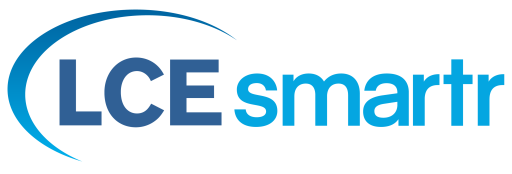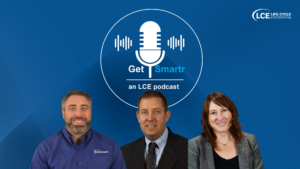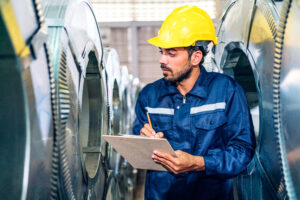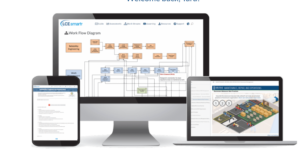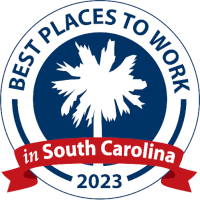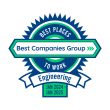LCE’s SEA Coaches Provide Training to Keep Mine Counter Measures Fleet Mission Ready
In the early 1980s, the U.S. Navy began development of a new mine countermeasures (MCM) force, which included two new classes of ships and minesweeping helicopters. The vital importance of the state-of-the-art mine countermeasures force was strongly underscored in the Persian Gulf during the eight years of the Iran-Iraq war, and in Operations Desert shield and Desert Storm in 1990 and 1991 when Avenger and Guardian conducted MCM operations.
Avenger-class ships are designed as mine hunter-destroyers capable of finding, classifying, and destroying moored and bottom mines. The last three MCM ships were purchased in 1990, bringing the total to 14 fully deployable, oceangoing Avenger-class ships. These ships use sonar and video systems, cable cutters and a mine-detonating device that can be released and detonated by remote control. They are also capable of conventional sweeping measures.
Lack of formal training and experience working with gas turbine engines results in downtime and threatens minesweeping capabilities
The ship class consists of two versions, one using direct current generators and the other using alternating current generators. Both versions are driven by the Solar T-1302 gas turbine engine designed to provide DC voltage to power the Light Load Propulsion Motors (LLPMs) and the bow thruster during mine-hunting operations. They both also provide power for the zero to 5,000 AMP pulse generator cable system used during acoustic mine-hunting operations.
The task of maintaining these gas turbine engines is assigned to Enginemen, who receive only one week of familiarization training on the Solar engine at the end of the diesel engine course. The lack of formal training and experience resulted in low operational availability—less than 50%—for most of the turbines. This directly affects the minesweeping capabilities of the craft. Ship operators do not have the ability to troubleshoot and resolve issues without outside assistance, which resulted in extended turbine downtime. Technical support was provided by a limited number of Regional Maintenance Center technicians. In 2013 Solar Turbines discontinued support for this engine. Overhaul and repair is now contracted out to an independent service provider facility in Houston, Texas.
Experienced SEA Coaches close the training gap by developing repair and testing procedures and establishing training course for the MCM fleet
LCE’s SEA Coach/ Marine Gas Turbine Inspector (MGTI) has been involved with the Solar Gas Turbine Program since its introduction to the fleet and was tasked by NSWC Philadelphia Code 425 with providing onsite support to the overhaul facility in developing its repair and testing procedures for the T1302 engine. LCE’s SEA Coach/MGTI also helped to establish the shipboard deck plate training and inspection course for the MCM fleet. Since establishing the course in 2014, the level of qualified personnel and operational readiness for the MCM Solar engines is at 90% and continues to improve with the yearly follow-on training sessions. Ongoing training is required to maintain the level of operational readiness at the deck plate level and to allow the MCM fleet to perform their primary assigned mine-sweep mission in multiple operating areas.
Additional Information
For more information about improving operational and financial performance, please email us at info@LCE.com or visit www.LCE.com.
About Life Cycle Engineering
Life Cycle Engineering (LCE) provides consulting, engineering, information technology and education solutions that deliver lasting results for private industry, the Department of Defense and other government organizations. The quality, expertise and dedication of our employees enable Life Cycle Engineering to serve as a trusted resource that helps people and organizations to achieve their full potential. Founded in 1976, LCE is headquartered in Charleston, South Carolina with offices across North America and experience around the globe. Follow us on LinkedIn, Twitter and YouTube for company updates.
Contact Us
Corporate Headquarters
Life Cycle Engineering
4360 Corporate Road
Charleston, SC 29405-7445
843.744.7110
info@LCE.com

